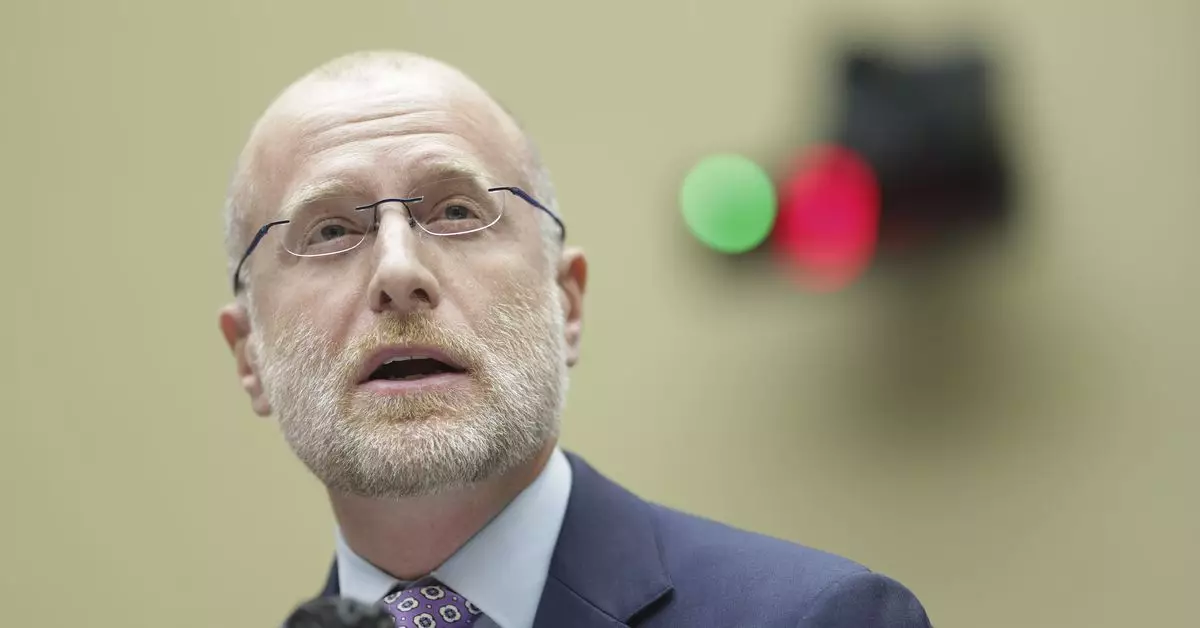Brendan Carr’s appointment as chairman of the Federal Communications Commission (FCC) under the Trump administration underscores a significant shift in the landscape of digital and telecommunications regulation. As a seasoned commissioner since 2017, Carr has not only built a reputation within the agency but has also asserted the commission’s power in addressing contemporary issues surrounding free speech and technology. His ascent to a leadership role raises important questions about how the FCC will navigate the intricate relationship between regulatory authority and the rights of individuals and corporations alike.
Central to Carr’s vision for the FCC is a controversial approach toward online discourse. His involvement in shaping Project 2025 highlights his intent to impose tighter restrictions on social media platforms, specifically aimed at promoting what he perceives as conservative speech. In doing so, Carr aims to manipulate the existing legal frameworks that currently protect social media companies from liability regarding user-generated content. By limiting the scope of protections under Section 230 of the Communications Decency Act, Carr’s proposed measures would dramatically reshape how platforms operate, compelling them to reconsider their content moderation practices.
Carr’s aggressive approach has been evident in his willingness to threaten punitive actions against media companies that deviate from his regulatory vision. Notably, his recent remarks regarding NBC’s broadcast license following a critical portrayal of Kamala Harris on “Saturday Night Live” exemplify a potential crackdown on speech that does not align with his views. Such threats raise alarm among advocates for free expression, as they may set a dangerous precedent whereby regulatory bodies hold the power to silence dissenting voices under the guise of promoting a particular political narrative.
Carr’s tenure has also been marked by pivotal decisions regarding net neutrality, a topic that has divided lawmakers and the public alike. His vote to repeal net neutrality rules in 2017 was a watershed moment in telecommunications policy, signaling a shift toward deregulation. The subsequent attempts to restore net neutrality, which Carr opposed earlier this year, highlight ongoing tensions within the FCC. As chairman, Carr’s leadership could further entrench these divisions, complicating efforts to address the equitable treatment of online content.
As Carr steps into the role of chairman, the implications for media regulation are profound. His philosophy positions the FCC as a potentially more partisan entity, one that favors specific political narratives over neutral regulatory oversight. This trajectory could stifle the very innovation and diversity of thought that has characterized the internet’s evolution. Stakeholders across the political spectrum must remain vigilant, recognizing that decisions made by the FCC under Carr’s chairmanship will resonate throughout the media landscape for years to come.
Brendan Carr’s leadership promises a contentious era at the FCC, one fraught with challenges to the delicate balance of regulating speech without infringing on the democratic ideals of free expression. The road ahead is fraught with uncertain outcomes, requiring constant scrutiny from both regulatory bodies and the public.

